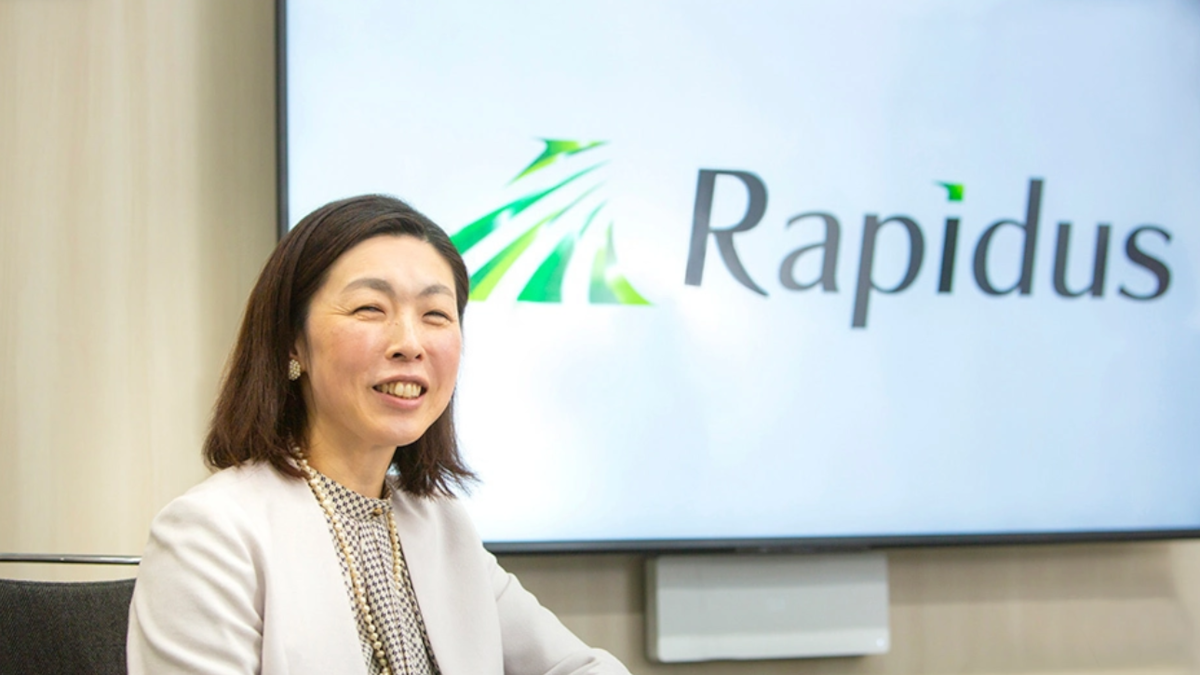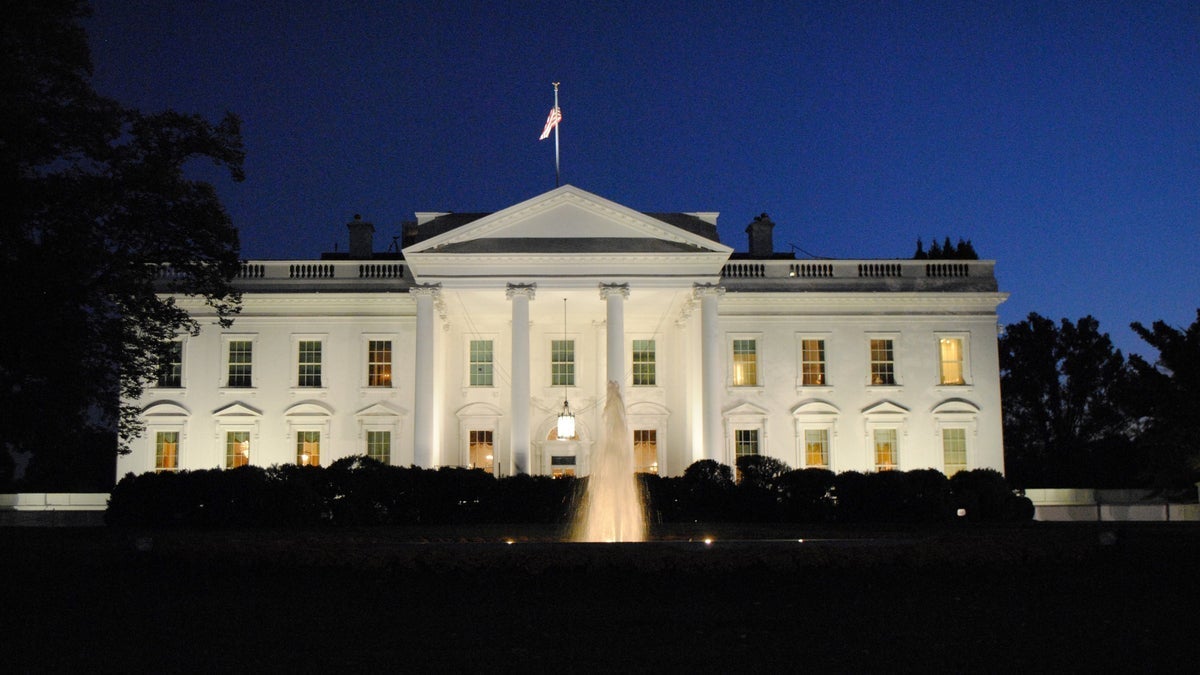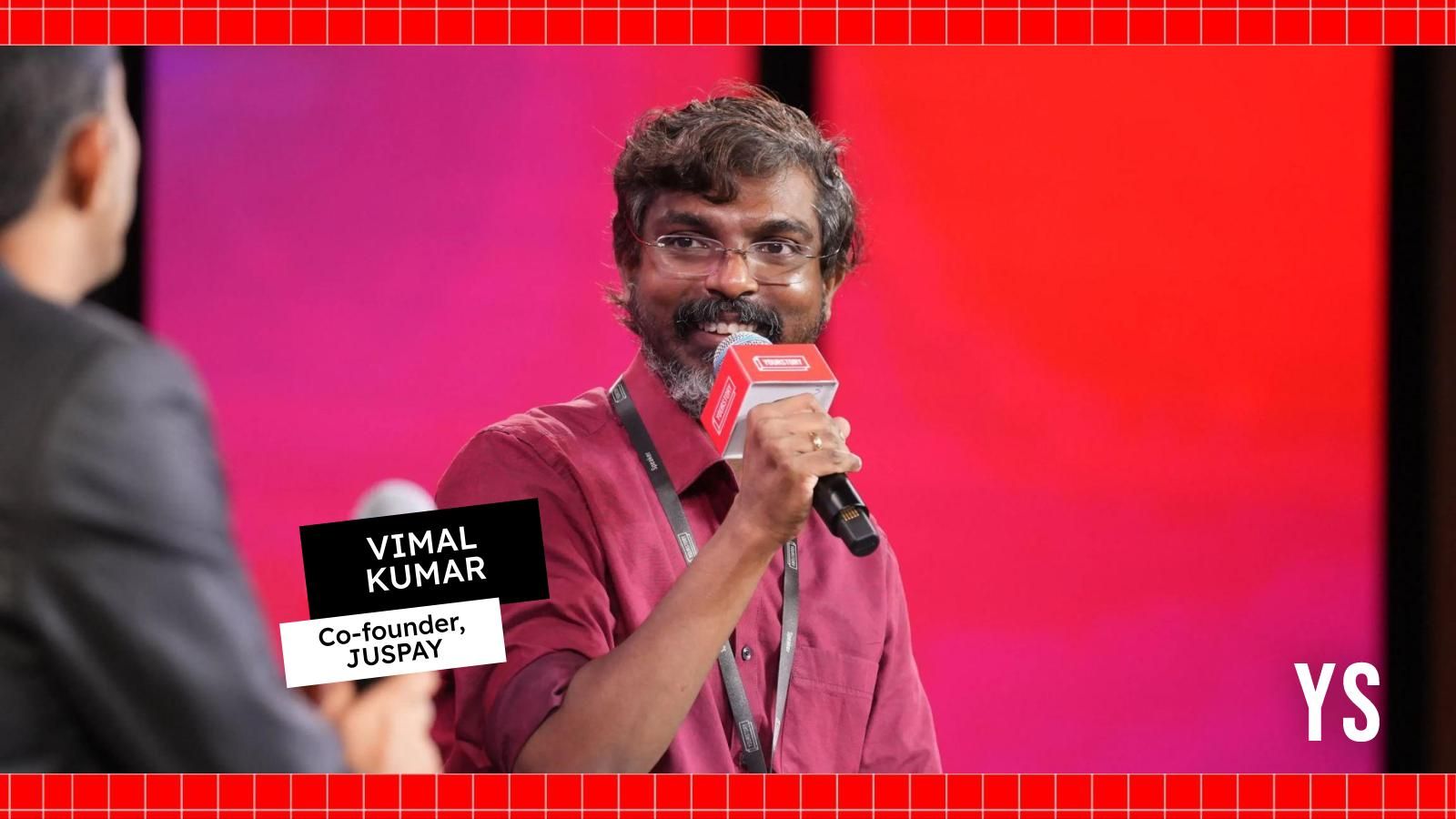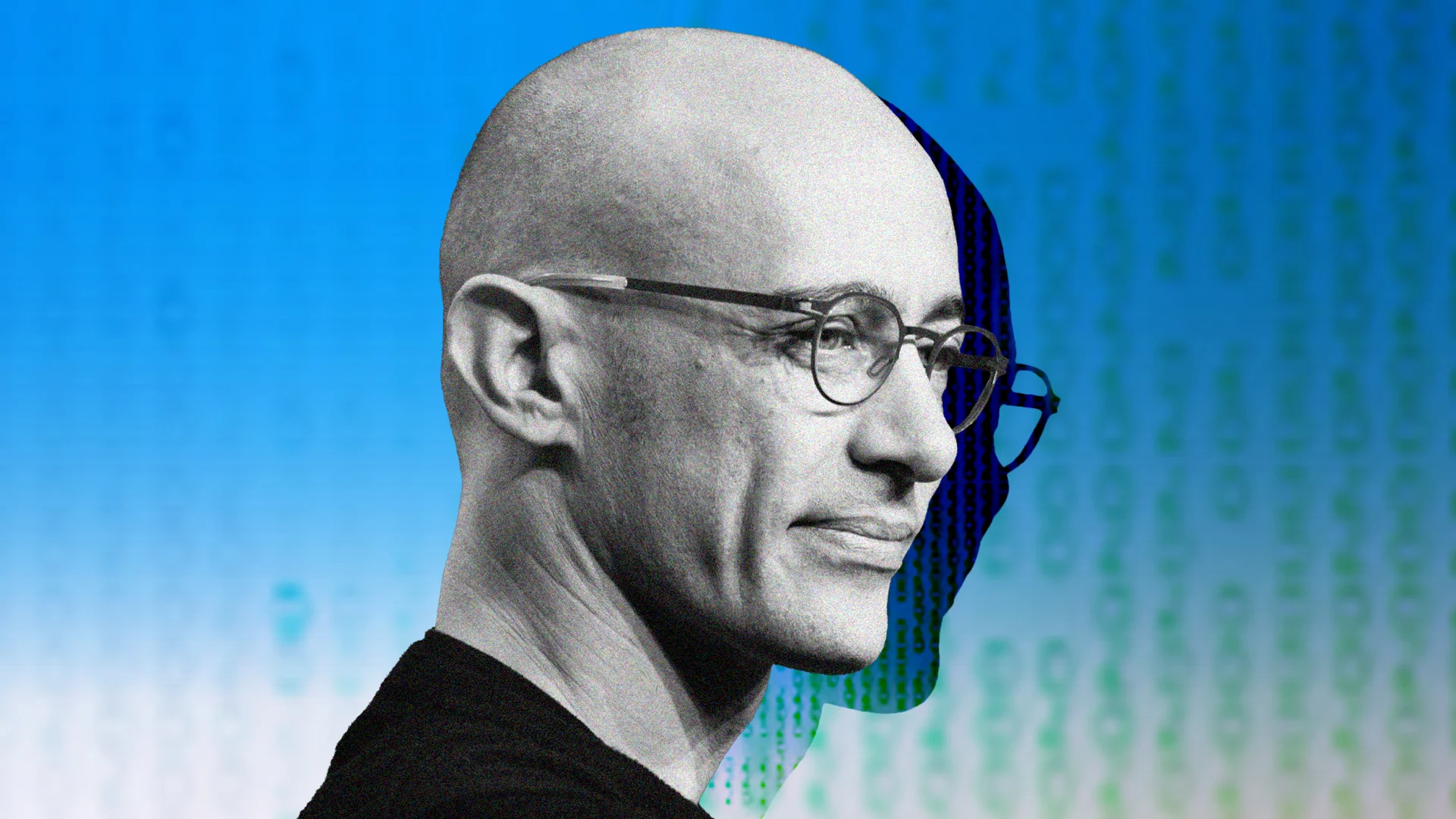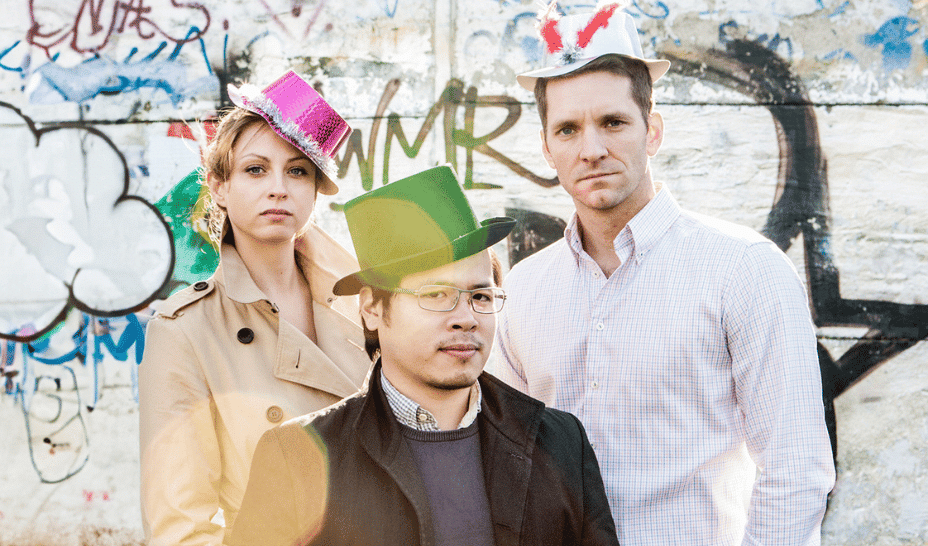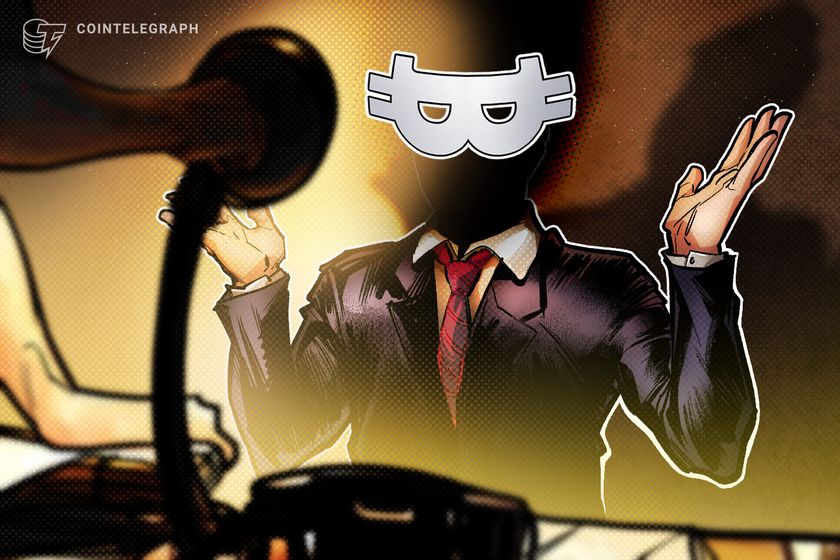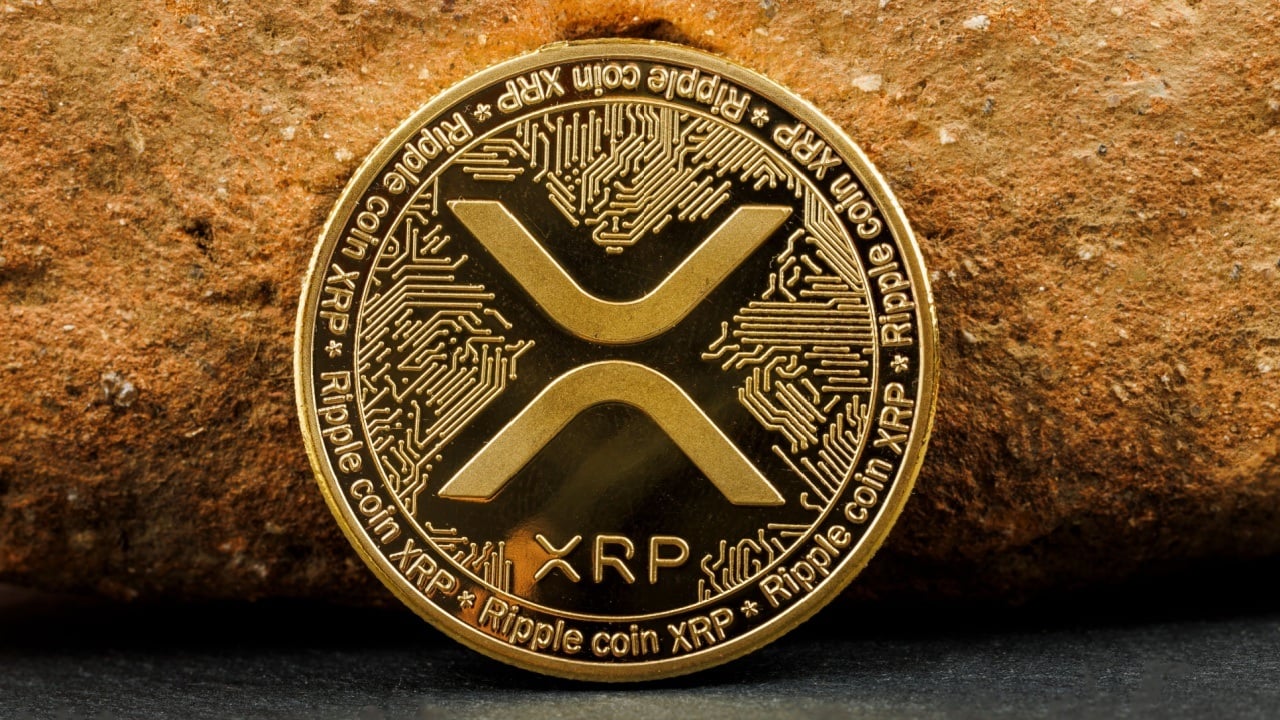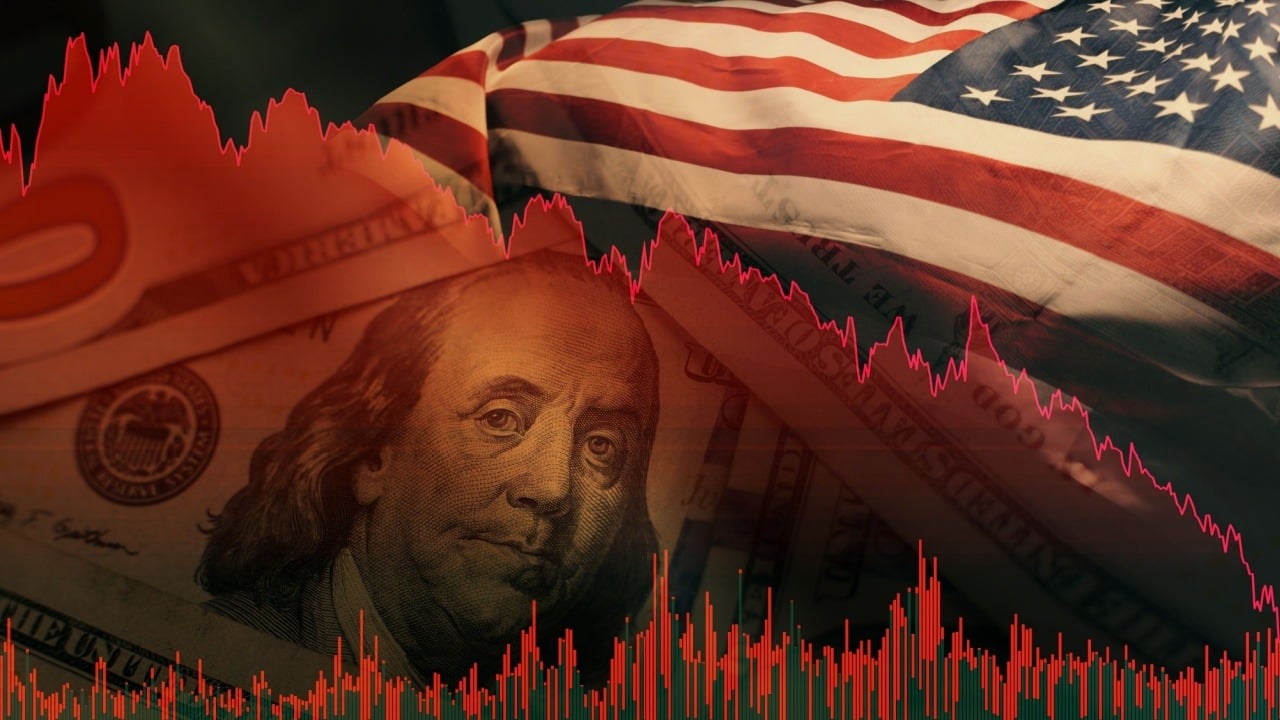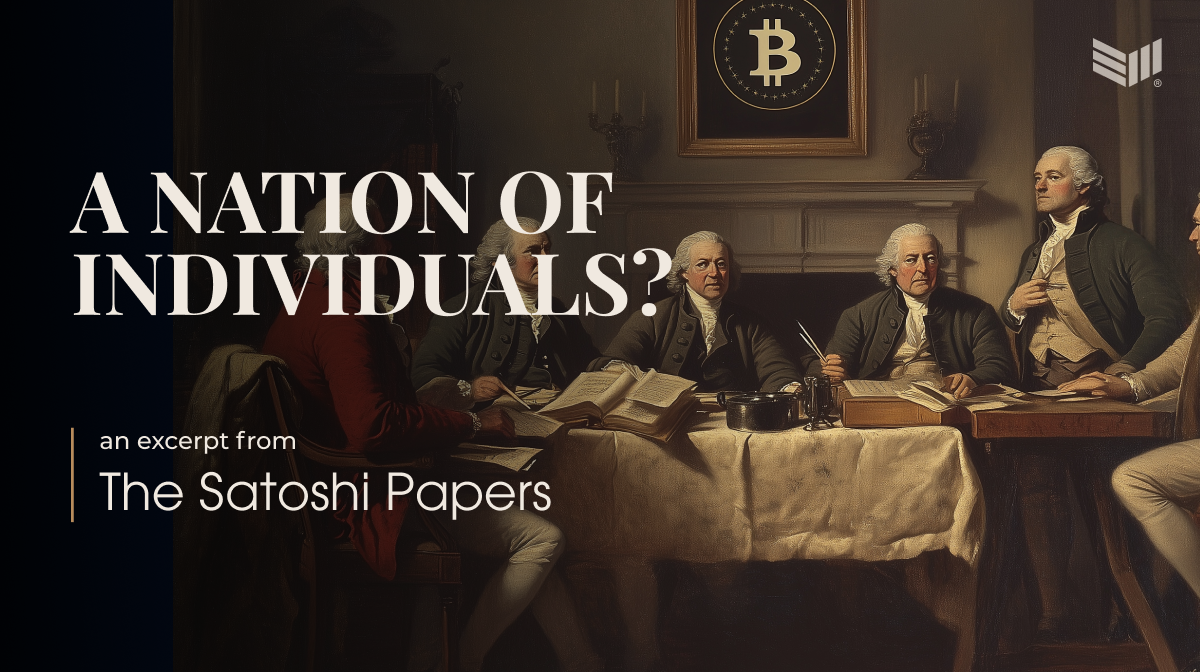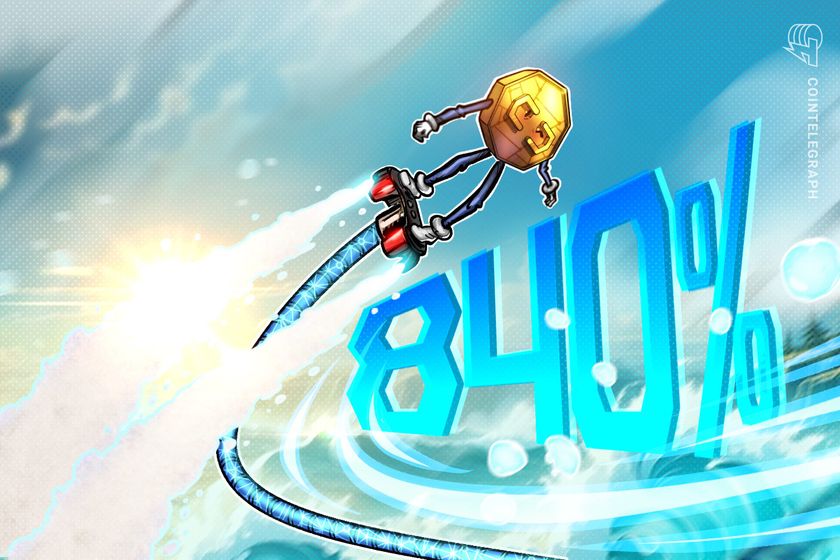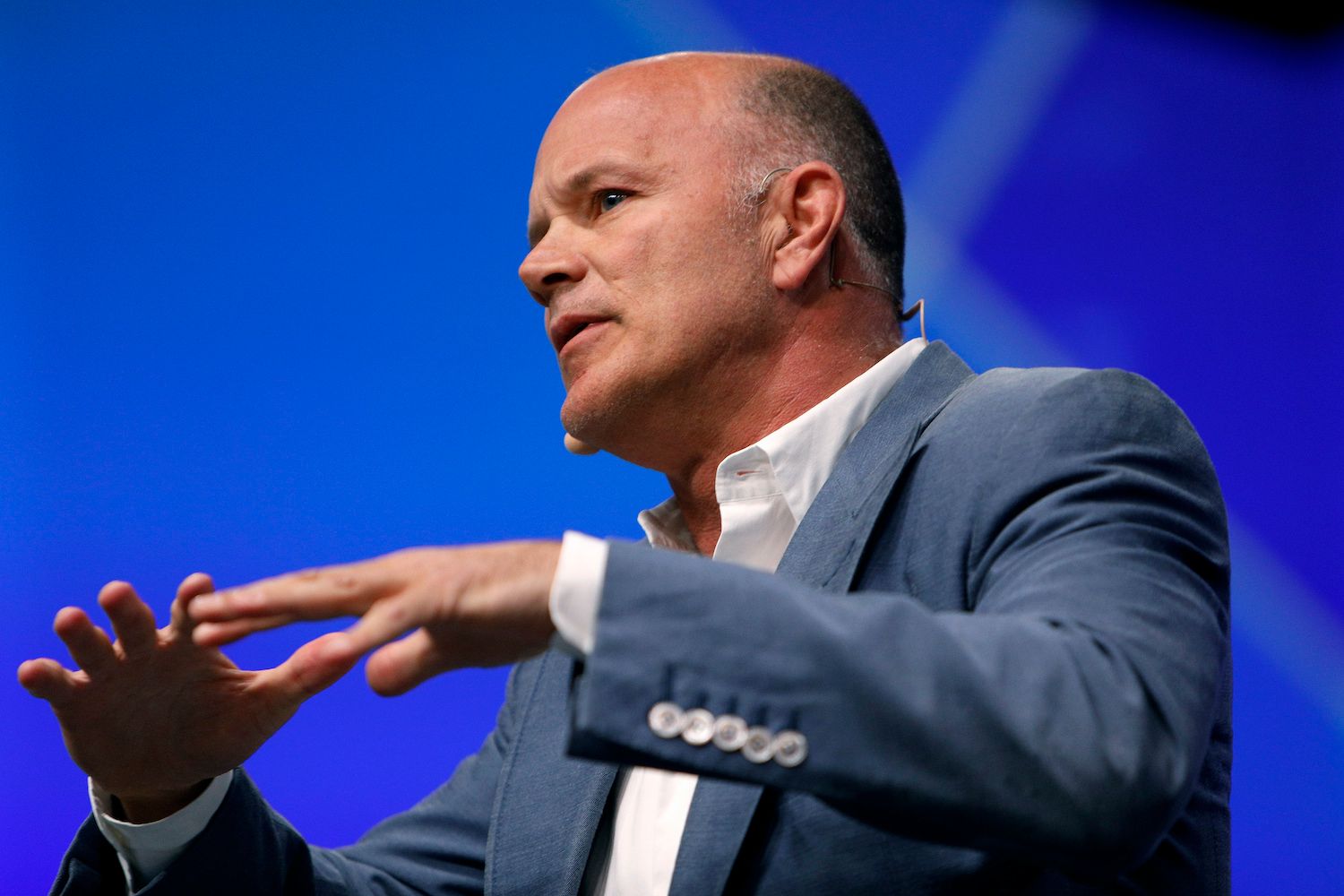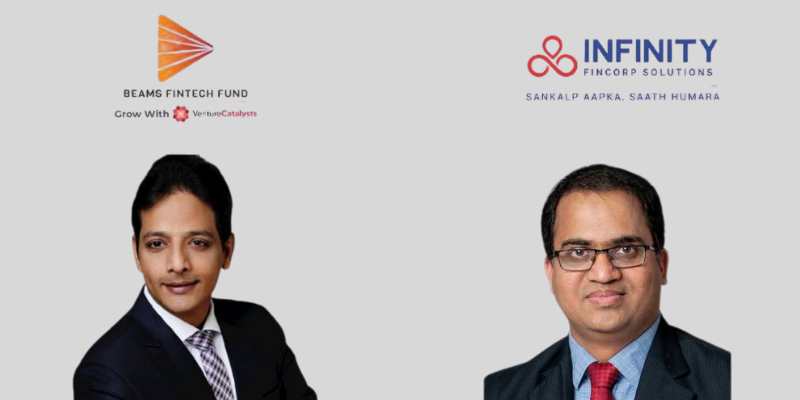How Singapore Management University’s fintech master’s course equips students to power the future of finance
Through a blend of coursework, real-world case studies, and practical projects, students acquire hands-on expertise in developing and overseeing technology-enabled financial solutions. Amrita Ghosh From buying a coffee to investing in stocks, every financial transaction is now seamlessly process


From buying a coffee to investing in stocks, every financial transaction is now seamlessly processed in the blink of an eye. The realm of financial technology has expanded far beyond our imagination, promising a future where financial services are more accessible, efficient, and secure.
A recent report by Boston Consulting Group and QED Investors estimates that global fintech revenues, which currently stand at $320 billion, are projected to quintuple to $1.5 trillion by 2030. Educational institutions are taking note, with colleges and universities across the world fine-tuning their programs or introducing new ones to cater to changing requirements.
Singapore Management University’s (SMU) Master of IT in Business integrates finance with the most up-to-date technology through its Financial Technology & Analytics (FTA) track. Designed for college graduates and professionals in banking, consulting, financial services, and insurance, the program also attracts students from diverse disciplines who want to deepen their expertise in digital banking, fintech innovations, and blockchain technology—positioning themselves at the forefront of the fintech revolution.
Dr Patrick Thng, program director of FTA in an interaction with YourStory, reveals that the program covers in-demand topics shaping modern financial services such as digital banking, fintech innovations, digital payments and wallets, blockchain and WEB3 technologies, and data analytics.
Edited excerpts from an interview:
YourStory [YS]: How does SMU’s FTA specialisation prepare graduates to contribute to the digital financial ecosystem?
Patrick Thng [PT]: Equipped with a blend of technical and analytical skills, students engage in hands-on projects and our hallmark internships with prominent industry partners, providing real-world experience and networking opportunities. Our graduates are proficient in using advanced tools and technologies, such as robotic process automation, Web3, AI, and analytics, to solve complex financial problems and improve decision-making processes.
YS: What are the key skills and competencies that allow graduates to drive innovation in the financial sector?
PT: FTA graduates have an edge in the application of banking technologies and innovation methodologies such as design thinking, business model design, and prototyping, and deep tech skills such as blockchain, Web 3, Python coding and computational thinking. They are adept at analysing complex financial issues to identify trends, make predictions, and inform strategic decisions—a prerequisite for developing data-driven financial products and services.
Nearly all our courses require students to complete industry-linked practice-focused projects as part of the program requirements. FTA graduates are encouraged to continuously update their skills and knowledge through the acquisition of technologies such as tokenisation and digital currencies.
YS: How do you ensure that the curriculum stays aligned with the latest trends in digital finance, such as blockchain, AI, and digital currencies?
PT: SMU’s partnerships with some leading financial institutions and fintech companies provide insights into emerging trends and technologies, ensuring that students are learning the most current and applicable skills. Our faculty members are also actively involved in research on financial technologies, whose findings and innovations are integrated into the curriculum. We frequently host guest lectures and seminars by industry leaders and experts, which offer students first-hand insights into the latest trends and practical applications in digital finance. Students engage in capstone projects that reflect real-world challenges and innovations in the financial sector.
YS: Can you share examples of how your FTA graduates have exercised their skills to build a digital financial product?
PT: FTA graduates play a pivotal role in bridging the gap between traditional finance and new, disruptive technologies by leveraging their unique blend of skills and knowledge. For example, Sunil Bansal, belonging to the class of 2013-15, is a chartered financial analyst and is currently the executive director of fixed income portfolio construction and optimisation at J.P. Morgan Asset Management.
YS: Do you have any collaborations with fintech startups, financial institutions, or tech companies to bridge academia and industry?
PT: SMU collaborates with Citibank, DBS Bank, and JP Morgan to provide students with internships, capstone project opportunities, and industry insights. Our learning goes beyond the classroom; we visit banks and hi-tech companies and innovation labs for real-life industry learning. These partnerships ensure that students gain practical experience and understand the latest industry trends.
YS: How does SMU support students in building entrepreneurial skills, especially those aiming to launch their own fintech ventures?
PT: The Institute of Innovation & Entrepreneurship at SMU offers incubation and acceleration programs that provide mentorship, funding, and resources to budding entrepreneurs. These programs help students refine their business ideas and bring them to market. In fact, several of our graduates have created their fintech startups or joined startups as co-founders where generous equity free grants were injected to help them boost their success as technopreneurs.
For instance, Joanna Teo, who graduated from the course in 2024, founded Attribute Data, a data intelligence consultancy firm where she leads client engagements and manages a team of data specialists while ensuring the delivery of innovative solutions powered by data analytics and machine learning. Another example is Bui Hai Nam, a 2019 graduate, who founded several startups in Vietnam. Currently, He is the co-founder and CEO of SoBanHang, a B2B SaaS platform that empowers MSMEs to sell more, manage better,and access inclusive financial services on smartphones.
SMU also facilitates networking events such as the annual Singapore Fintech Festival, career fairs, and seminars through which students can connect with industry experts, eco-system stakeholders, and entrepreneurs.
YS: What are the challenges FTA graduates face when trying to implement their know-how in the financial sector, and how does your program help them navigate those barriers?
PT: Some of the key challenges are:
Regulatory compliance: The financial sector is heavily regulated, and navigating these regulations can be daunting. Our courses on financial regulations and compliance help students understand the legal landscape and how to work within it.
Risk management: Implementing new technologies comes with inherent risks, including cybersecurity threats and operational risks. The program teaches students about risk management strategies and how to mitigate these risks effectively.
Resistance to change: Traditional financial institutions can be resistant to adopting new technologies. MITB prepares students to manage change by teaching them about organisational behavior and change management, equipping them with the skills to advocate for and implement their ideas.
Technical integration: Integrating new technologies with existing systems can be complex and challenging. MITB FTA provides hands-on experience with real-world projects, allowing students to practice integrating innovative solutions into traditional financial systems.
Market acceptance: Gaining market acceptance for new financial products and services can be difficult. Our program supports students through mentorship and networking opportunities, helping them connect with industry leaders and potential customers to validate and refine their ideas.
YS: Going forward, are there any curriculum upgrades you plan to future-proof students?
PT: The curriculum will increasingly focus on cutting-edge technologies such as quantum computing, Web 3 tokenisation, Central Bank Digital Currencies and advanced AI applications. The program will also offer more research opportunities in areas like quantum computing, AI, blockchain, digital currencies, and sustainable finance. This will allow students to contribute to pioneering research and stay at the forefront of industry developments. The curriculum will also incorporate a more Asian and global perspective, addressing international trends and regulatory environments.













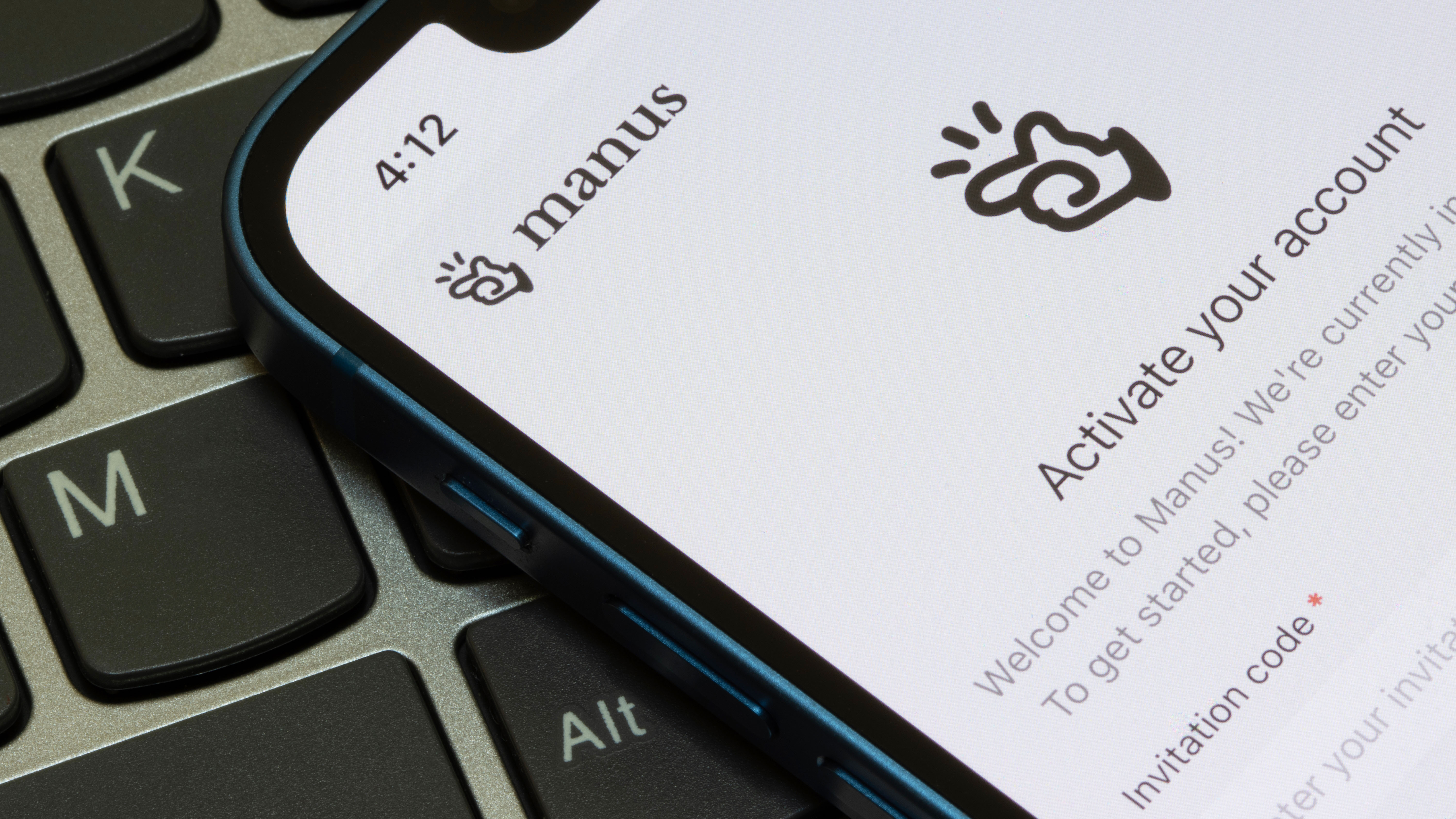







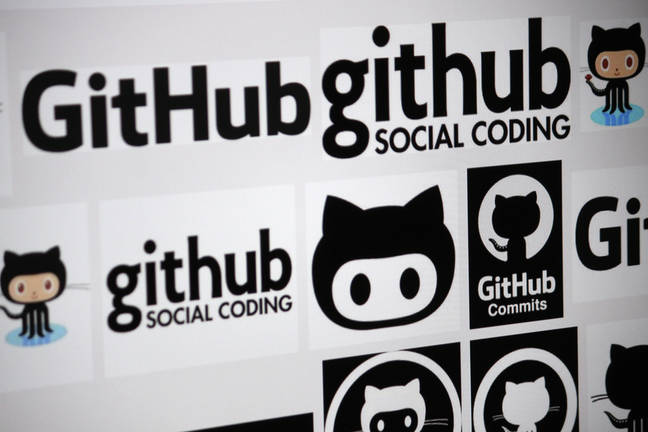


















































































































































![[The AI Show Episode 142]: ChatGPT’s New Image Generator, Studio Ghibli Craze and Backlash, Gemini 2.5, OpenAI Academy, 4o Updates, Vibe Marketing & xAI Acquires X](https://www.marketingaiinstitute.com/hubfs/ep%20142%20cover.png)

















































































































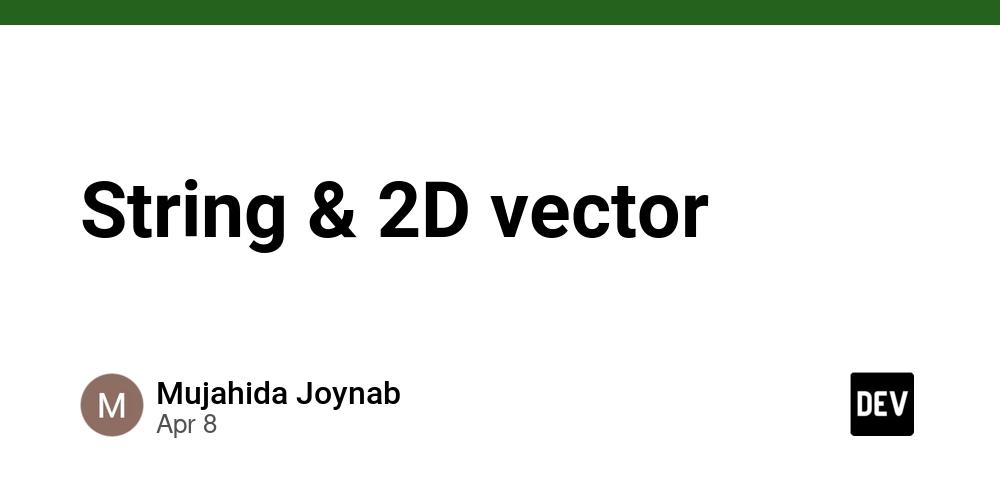
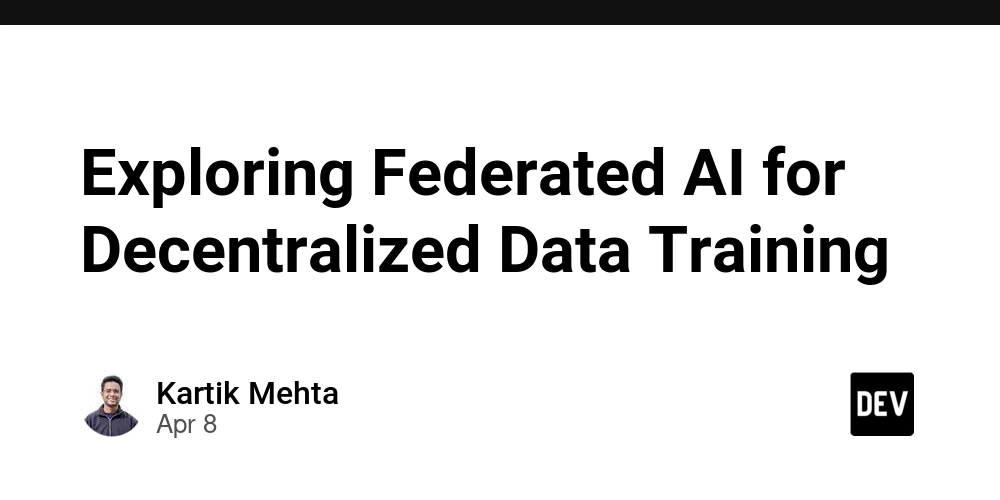
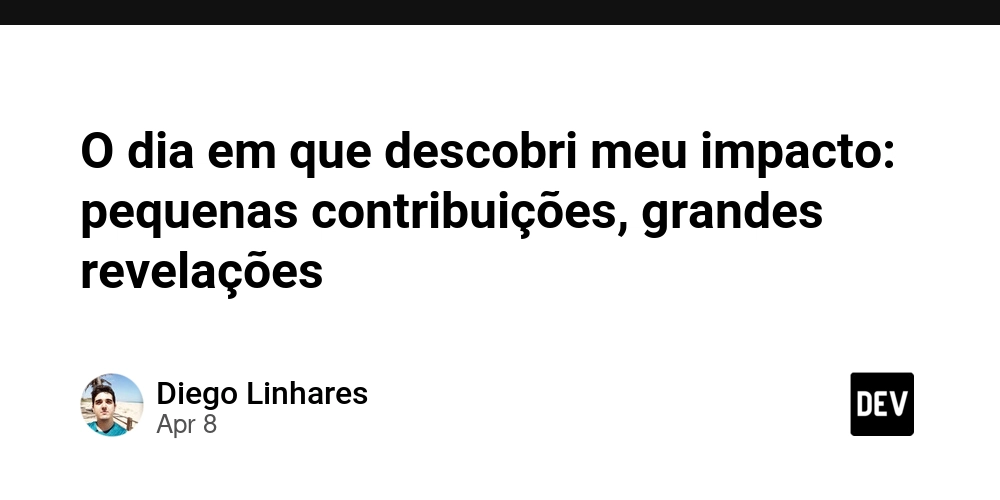
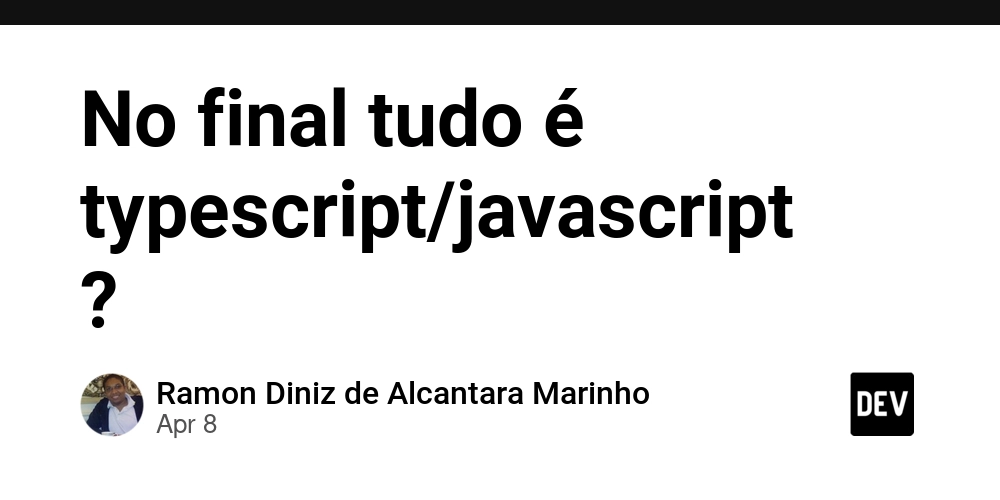











![From drop-out to software architect with Jason Lengstorf [Podcast #167]](https://cdn.hashnode.com/res/hashnode/image/upload/v1743796461357/f3d19cd7-e6f5-4d7c-8bfc-eb974bc8da68.png?#)




























































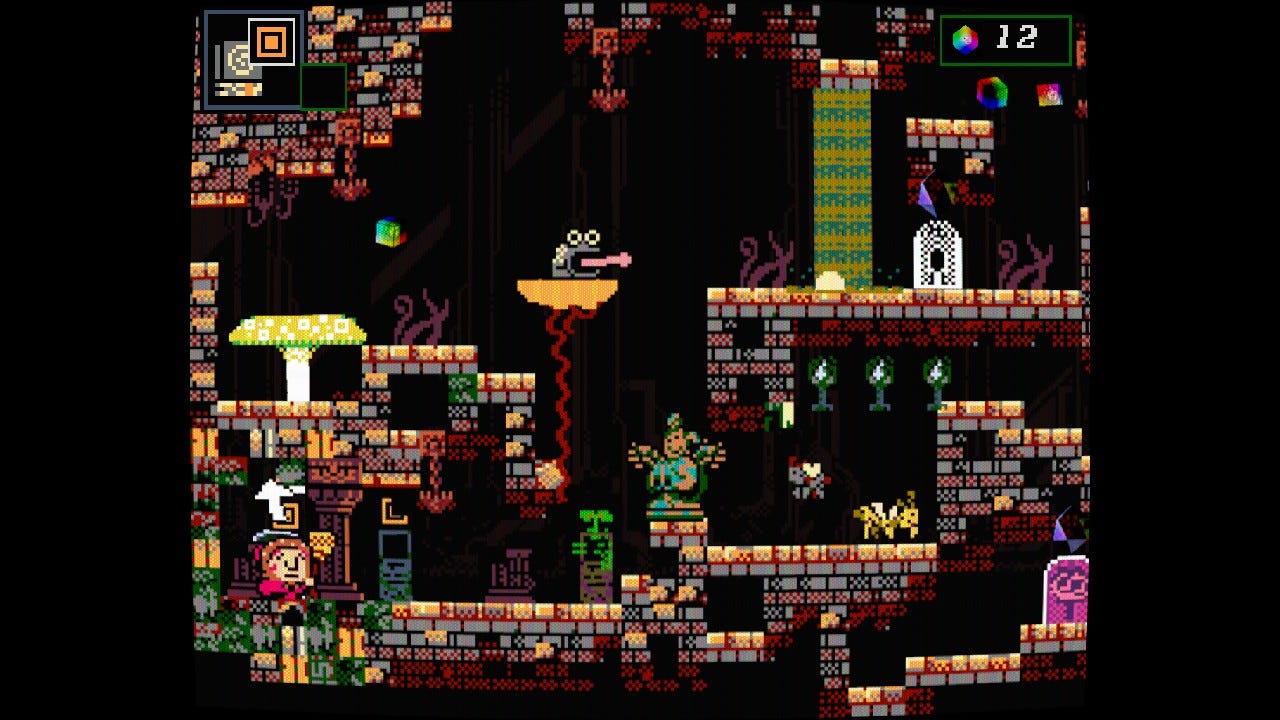










































.png?#)




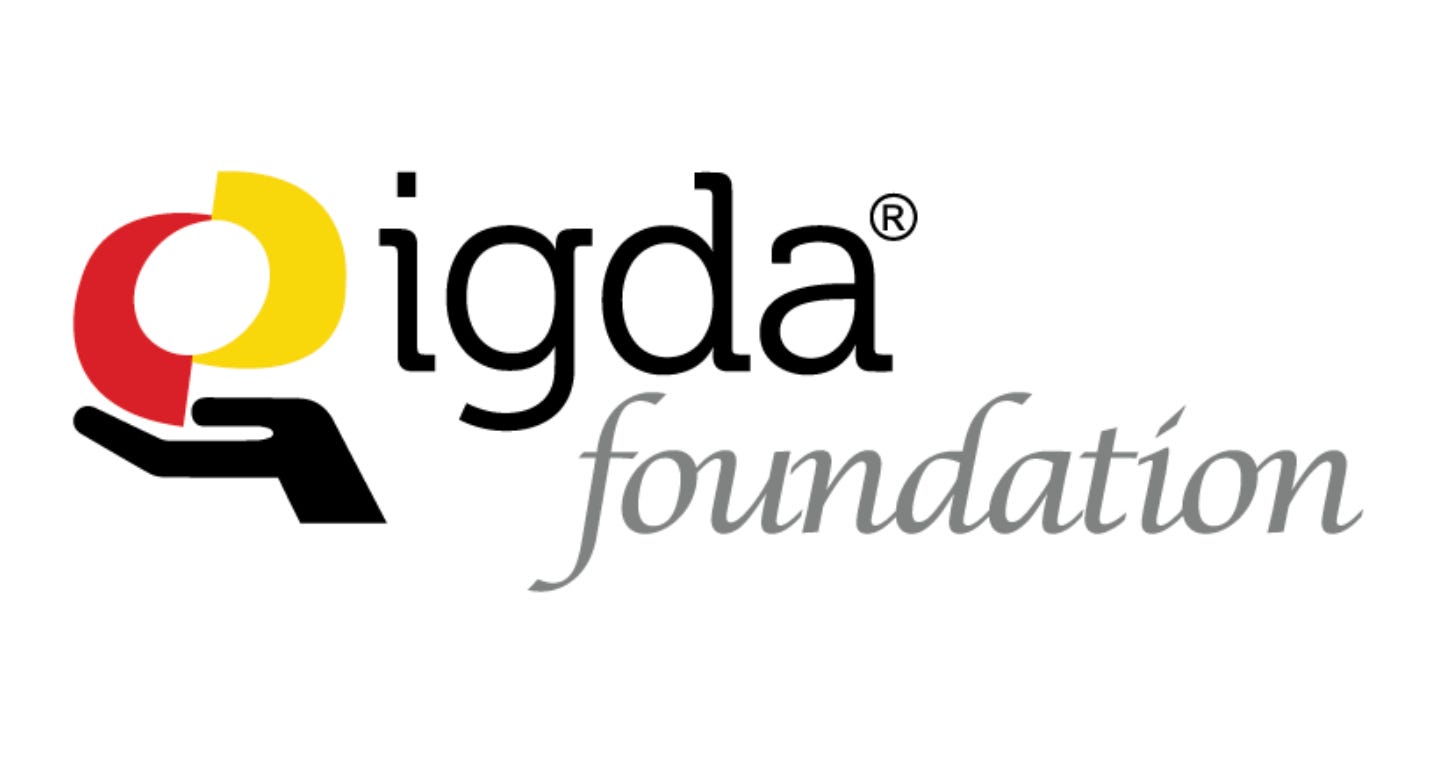

(1).jpg?width=1920&height=1920&fit=bounds&quality=80&format=jpg&auto=webp#)
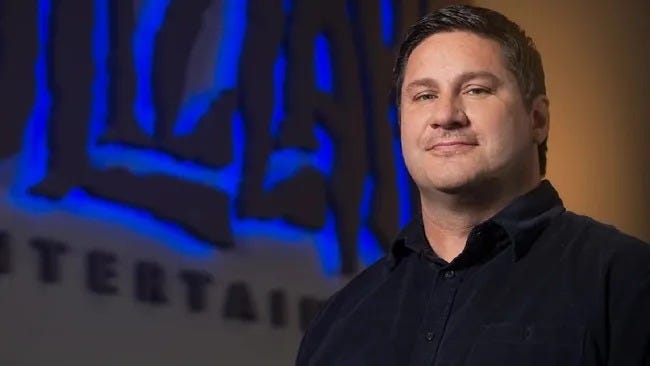





























_NicoElNino_Alamy.png?#)
.webp?#)
.webp?#)















































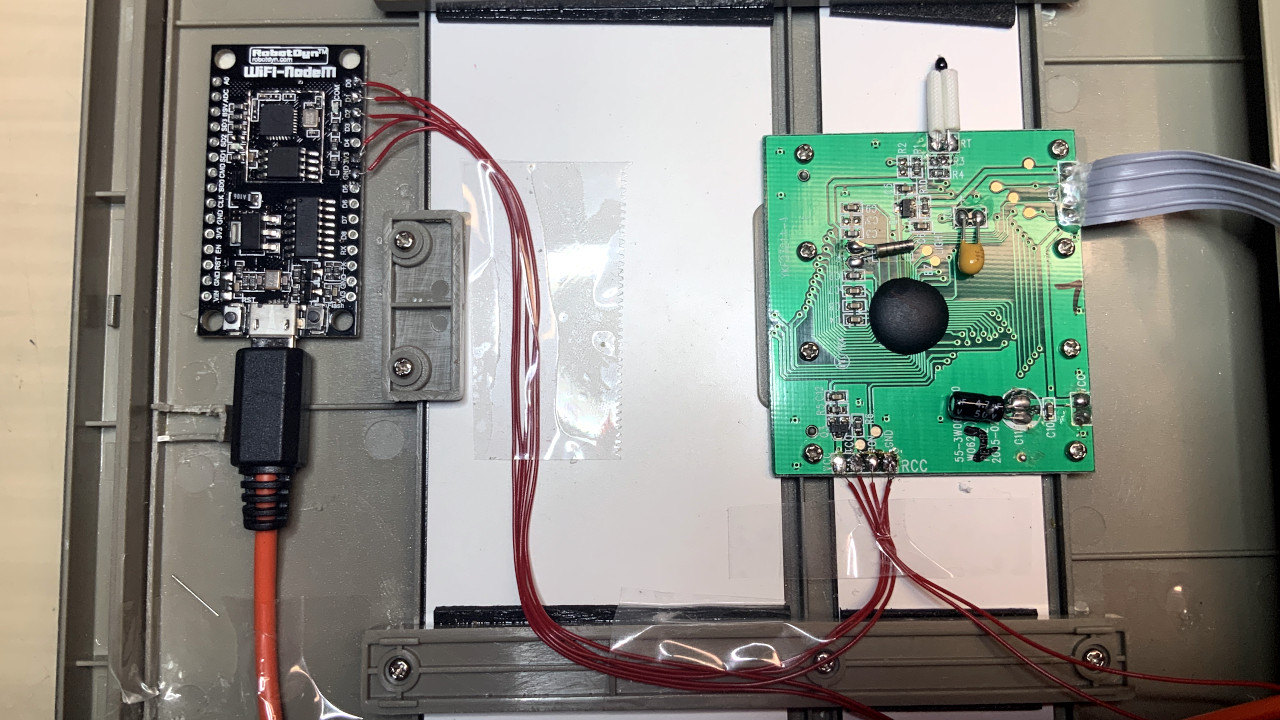

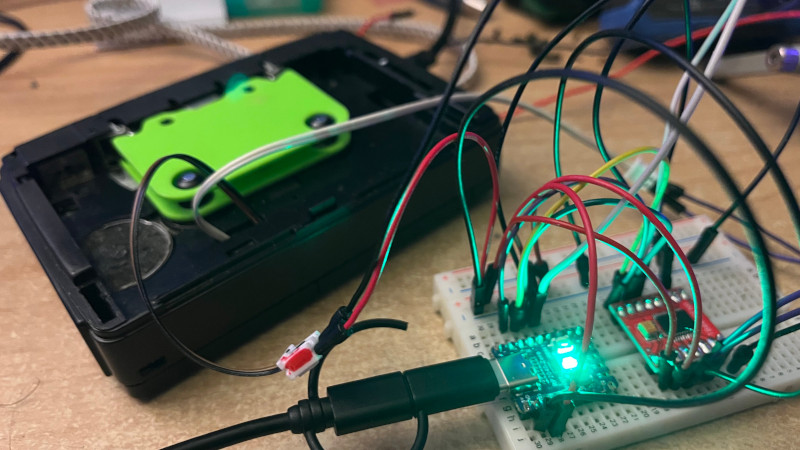

















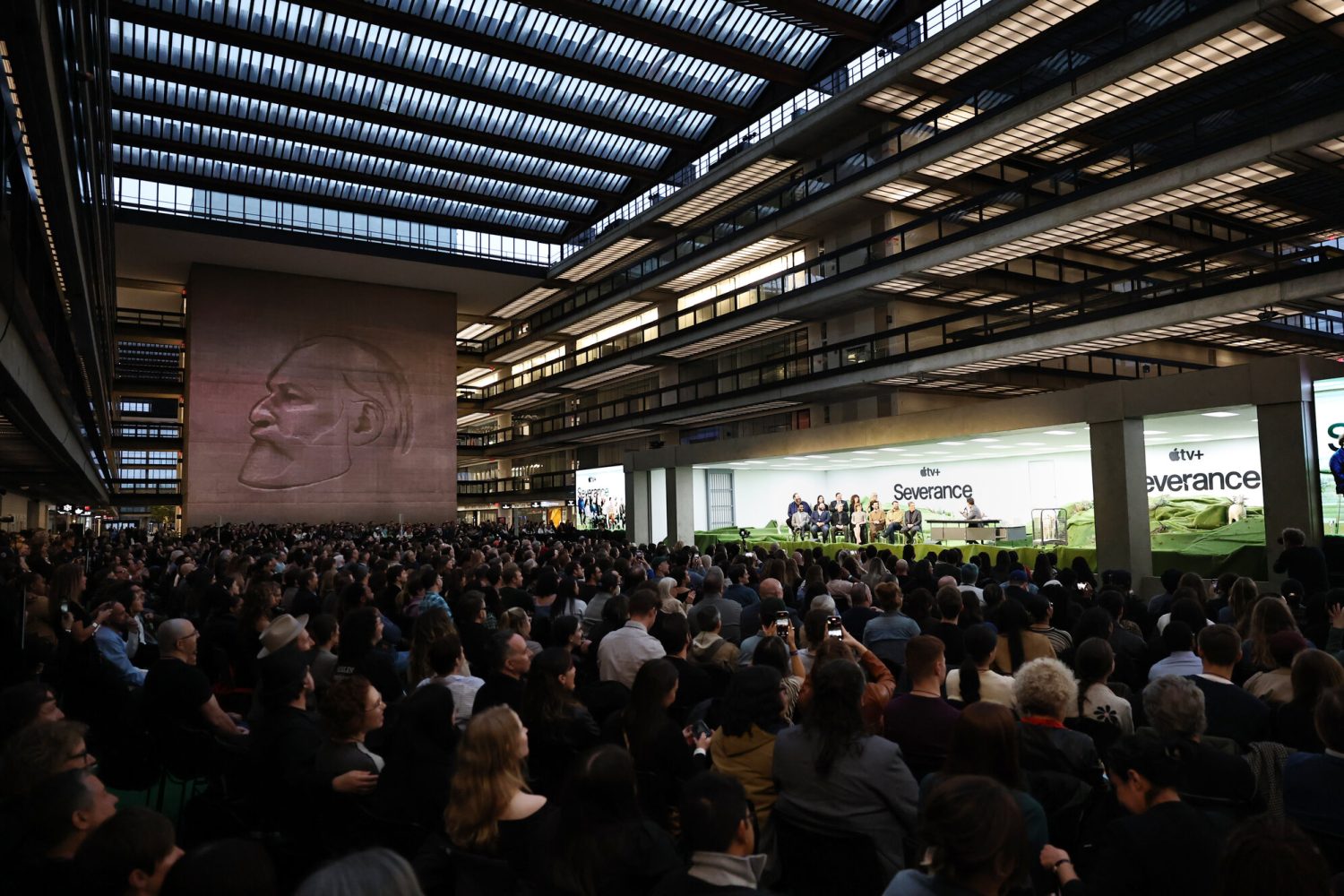





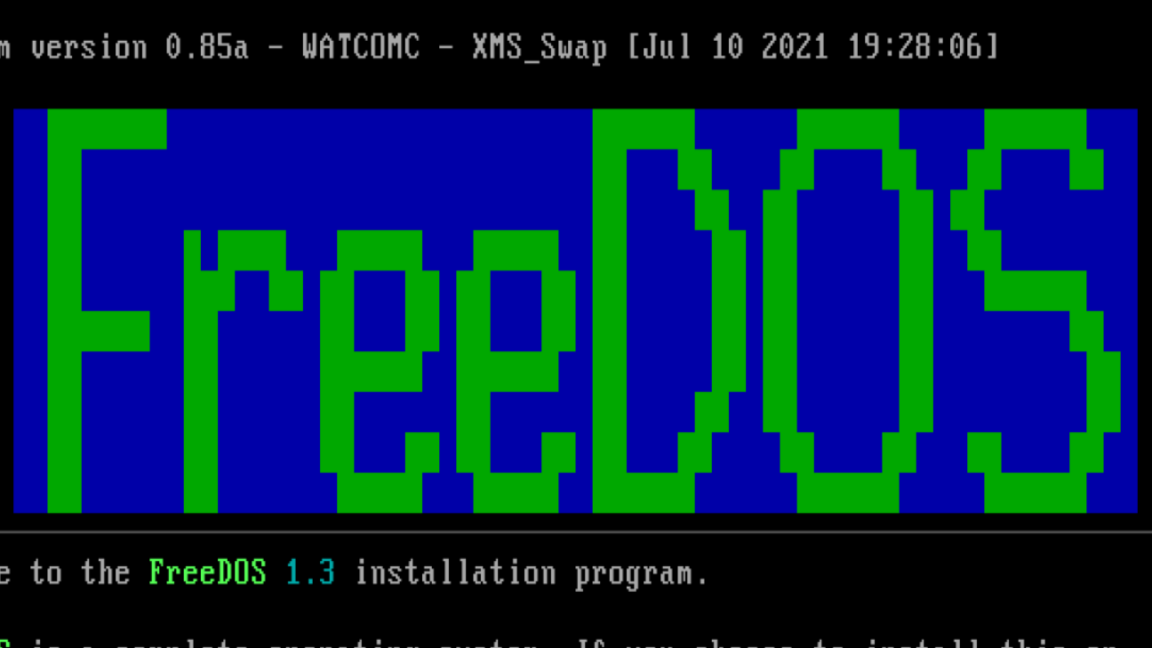























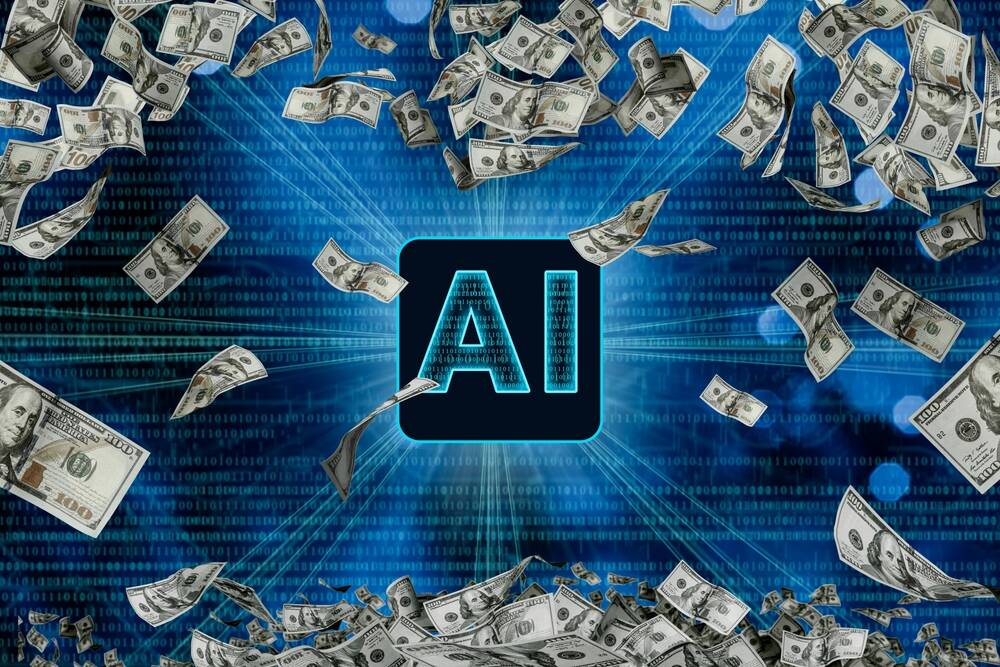

![Apple to Source More iPhones From India to Offset China Tariff Costs [Report]](https://www.iclarified.com/images/news/96954/96954/96954-640.jpg)
![Blackmagic Design Unveils DaVinci Resolve 20 With Over 100 New Features and AI Tools [Video]](https://www.iclarified.com/images/news/96951/96951/96951-640.jpg)















































